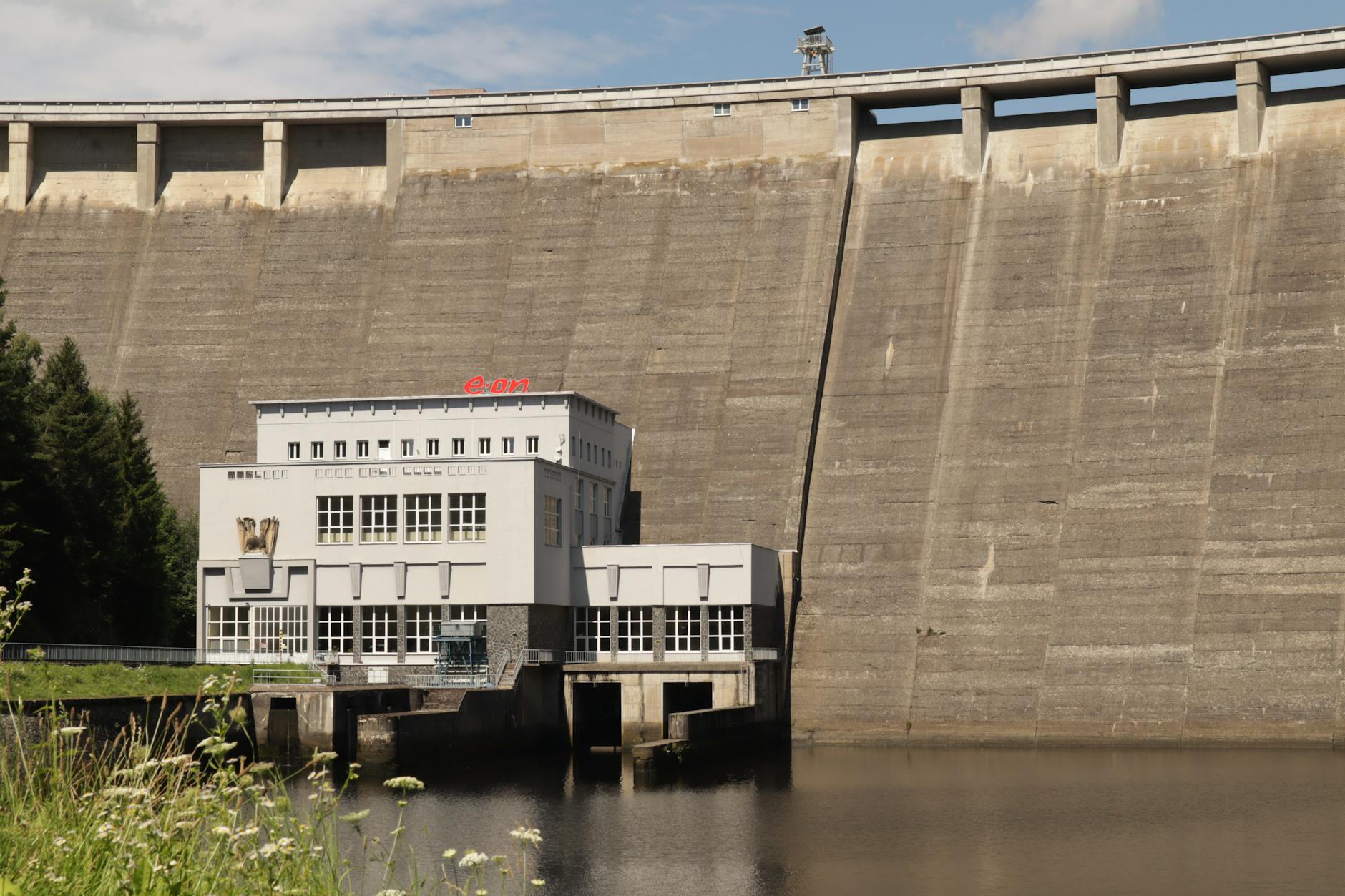- Enhancing Supply Chain Resilience Through AI
- Leveraging AI for Real-Time Monitoring and Adaptive Planning
- Automating Decision-Making Processes with AI
- Harnessing the Power of IoT and AI Integration
- Implementing AI-Driven Supply Chain Risk Management
- Conclusion
Artificial Intelligence (AI) has been revolutionizing the way businesses operate across various industries, and the supply chain sector is no exception. In today’s rapidly changing business environment, where disruptions have become more frequent and unpredictable, supply chain resilience plays a critical role in maintaining operational efficiency and meeting customer demands. With the advancement of AI technologies, businesses are now able to enhance their supply chain resilience through innovative strategies that leverage data analytics, automation, and predictive capabilities. This article explores how AI is transforming supply chain resilience and presents ultimate strategies that organizations can adopt to stay ahead in the evolving landscape of supply chain management.
Enhancing Supply Chain Resilience Through AI
In the age of AI, businesses are leveraging innovative technologies to optimize their supply chain operations and build resilience against unforeseen challenges. AI-powered predictive analytics enables organizations to forecast demand more accurately, anticipate potential disruptions, and make proactive decisions to mitigate risks. By analyzing vast amounts of data in real-time, AI algorithms can identify patterns and trends that human analysts may overlook, leading to more effective supply chain planning and execution.
Leveraging AI for Real-Time Monitoring and Adaptive Planning
One of the key strategies for enhancing supply chain resilience with AI is real-time monitoring and adaptive planning. AI systems can continuously track various parameters, such as inventory levels, supplier performance, and market dynamics, to provide timely insights and recommendations. By integrating AI-driven monitoring tools with supply chain management systems, businesses can quickly identify bottlenecks, optimize inventory levels, and adapt their strategies in response to changing conditions.
Automating Decision-Making Processes with AI
Automation is another critical aspect of leveraging AI for supply chain resilience. By automating routine decision-making processes, such as order processing, demand forecasting, and inventory management, businesses can improve operational efficiency, reduce human errors, and respond to disruptions more effectively. AI-powered decision support systems can analyze complex scenarios, evaluate multiple variables, and recommend optimal courses of action, enabling organizations to make faster and more informed decisions.
Harnessing the Power of IoT and AI Integration
The Internet of Things (IoT) is revolutionizing the way supply chains operate by connecting physical devices and assets to the internet, enabling real-time data capture and analysis. When combined with AI technologies, IoT devices can provide valuable insights into supply chain activities, such as tracking the location of shipments, monitoring environmental conditions, and predicting equipment failures. By harnessing the power of IoT and AI integration, businesses can enhance visibility, traceability, and agility in their supply chain operations.
Implementing AI-Driven Supply Chain Risk Management
In today’s globalized marketplace, supply chain risks are becoming more complex and interconnected. From natural disasters and geopolitical conflicts to supplier bankruptcies and cybersecurity threats, businesses face a wide range of risks that can disrupt their operations and impact their bottom line. AI-driven supply chain risk management solutions offer a proactive approach to identifying, assessing, and mitigating risks across the supply chain network. By analyzing historical data, simulating scenarios, and identifying risk hotspots, AI algorithms can help organizations strengthen their risk mitigation strategies and build resilience against potential disruptions.
Conclusion
In conclusion, the AI revolution is transforming the landscape of supply chain resilience, enabling businesses to adapt to the challenges of today’s dynamic business environment. By harnessing the power of AI technologies, organizations can optimize their supply chain operations, enhance visibility and agility, and stay ahead of the curve in an increasingly competitive marketplace. Implementing innovative strategies such as real-time monitoring, automation, IoT integration, and risk management can help businesses build a robust and flexible supply chain that can withstand disruptions and deliver value to customers consistently. As AI continues to evolve and advance, businesses that embrace these ultimate strategies will be well-positioned to thrive in the era of AI-driven supply chain resilience.


